Diaspora Investment Summit

28th February 2024 – 1st March, 2024
Accra, Ghana
The Ghana Investment Promotion Centre (GIPC) is organizing the 2nd edition of the Diaspora Investment Summit, which will be held under the theme "Unleashing the Power of the Diaspora: Driving Positive Change Across Borders."
The Diaspora Investment Summit is a prestigious event focused on harnessing the vast potential of diaspora investment, nurturing partnerships, and driving economic development in Ghana.
Global Gateway Africa, Geopolitics, investment and prospects for Italy
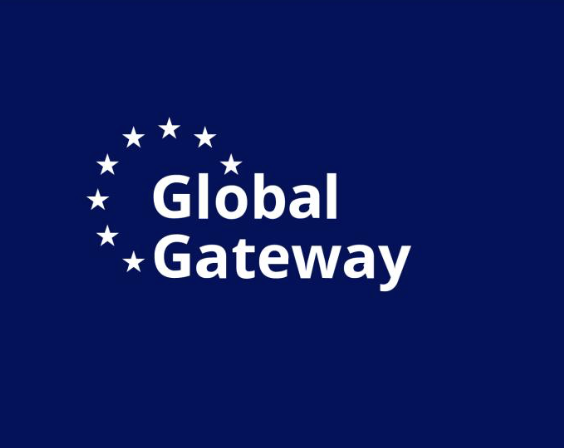
25 October, 2023
Rome, Italy
In conjunction with the first Global Gateway Business Forum in Brussels (Oct. 25-26), Africa e Affari, the European Council on Foreign Relations (ECFR) and Confindustria Assafrica e Mediterraneo organized a meeting in Rome to reflect on how the Global Gateway can represent an opportunity to strengthen EU-Africa and Italy-Africa ties, inaugurating a new model of cooperation that better responds to European strategic needs and the needs of African economies.
MWC Kigali

17-19 October, 2023
Kigali, Rwanda
The 2023 MWC will bring together international industry leaders and high-level African policymakers in Kigali to discuss the continent’s digital economy. The event serves the African and international technology community interested in doing business in Africa – from management to C-Suite – by convening businesses from broad technology industries and other sectors standing to gain from the digital transformation. We influence, inform, connect, and deliver positive socio-economic impact in Africa.
Africa Energy Week
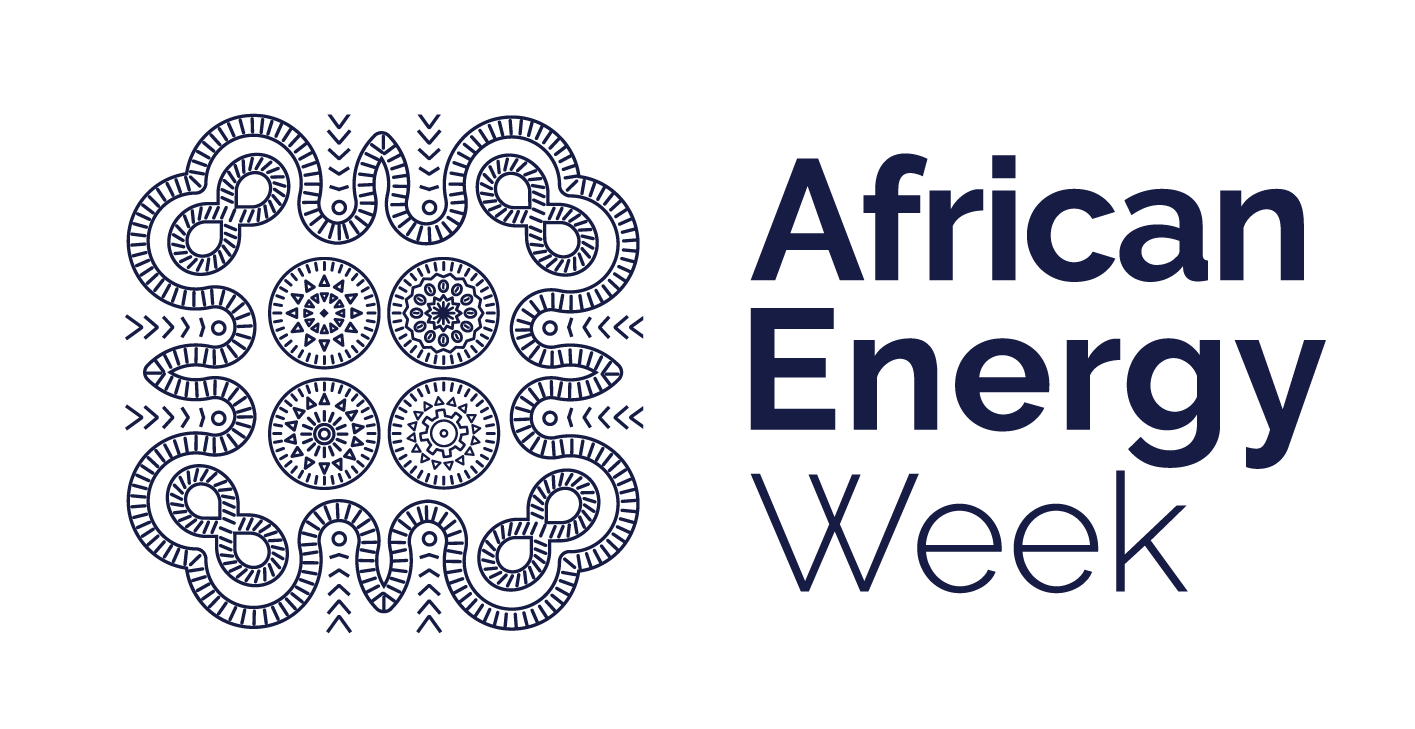
16-20 October, 2023
Cape Town, South Africa
African Energy Week (AEW) is the African Energy Chamber’s annual event, uniting African energy leaders, global investors and executives from across the public and private sector for four days of intense dialogue on the future of the African energy industry. An interactive conference, exhibition and networking event, AEW was established in 2021 under the premise to make energy poverty history by 2030, hosting panel discussions, investor forums, industry summits and one-on-one meeting opportunities, and driving the discussions that will reshape the trajectory of the continent’s energy development.
25th Africa Energy Forum
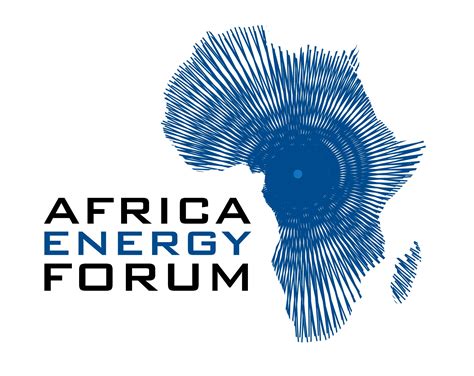
20-23 June 2023
Nairobi, Kenya
Over the past decades, the Forum has earned a reputation as the premier gathering of decision-makers in the African energy sector to build partnerships, identify opportunities and advance the industry. Only the most credible organisations in the sector are selected to facilitate an intensive networking experience. This allows governments, utilities and regulators to meet with development finance institutions, commercial banks, energy developers, technology providers, EPCs and professional service providers.
EADI CEsA General Conference 2023: Towards New Rhythms of Development
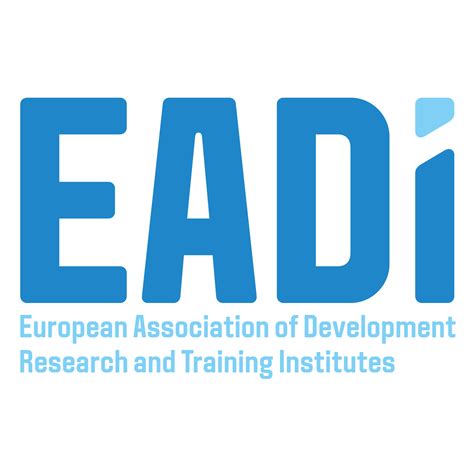
10-13 July 2023
Lisbon, Portugal
Dominant trajectories and paths of ‘development’ have led the world to the brink of collapse. Around the world pandemics have deepened unequal access to health care and vaccines and have had negative socio-economic impacts structured along national, racial, gendered and class lines. Many forms of life on earth are close to extinction and global warming has led to severe and devastating wildfires, tornadoes, hurricanes, floods, and other disasters. We are also experiencing a crisis of political representation, with public support for leaders and politicians waning. Due to fake news and cyber propaganda, we are witnessing a crisis of trust, which is triggering populist and nationalist narratives that undermine solidarity, collective action, and resistance.
The Lisbon conference aims to illuminate the various causes and manifestations of these current unprecedented challenges and to explore and map ‘new rhythms of development’.
The Role of the G7 in Promoting North-South Cooperation

29 May, 2023
Rome, Italy
In 2024, Italy will hold the rotating Presidency of the G7. Faced with a fraught geopolitical environment and persistent crises whose intensity does not seem to decrease, how will the seven largest democracies agree to respond with effective actions? And how will Italy steer the agenda setting in these challenging times?
Africa Healthcare Forum
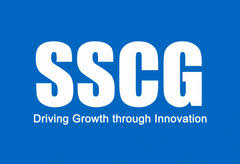
14 June 2023, 14:00-16:00
Online
Health care in Sub-Saharan Africa remains the worst in the world, with few countries able to spend the $34 to $40 a year per person that the World Health Organization considers the minimum for basic health care. And despite widespread poverty, an astonishing 50% of the region’s health expenditure is financed by out-of-pocket payments from individuals.
Africa Fintech Summit
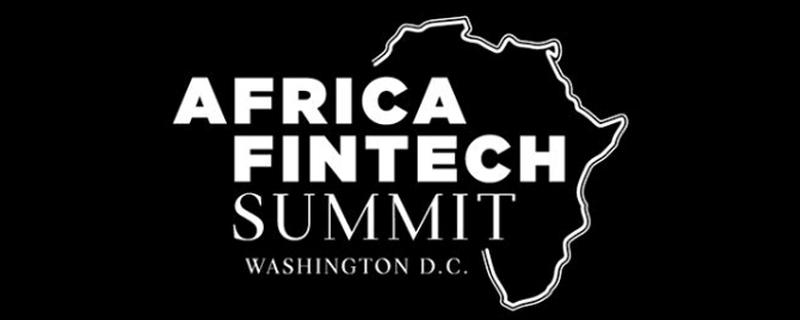
21 June 2023
Johannesburg, South Africa
The Africa Fintech Summit is the premiere global initiative dedicated to fintech in Africa. Twice a year, they bring the issues, entrepreneurs, and opportunities revolutionising finance in Africa to the world’s stage. Their spring event occurs each April in Washington, DC, (ahead of the spring meetings of the World Bank Group) and each November in a different African city. The AFTS awards recognise excellence in entrepreneurship and innovation, the Alpha Expo program provides scholarships and access to promising pre-funded startups from across the continent, and tech tours and investors missions forge global connections and raise awareness for Africa’s diverse fintech ecosystems.
Africa CEO Forum
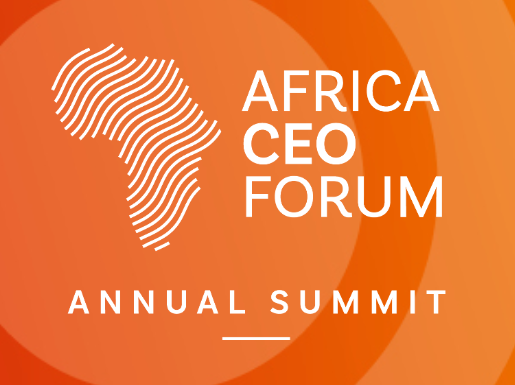
5 - 6 June 2023
Abidjan
The 2023 edition of the AFRICA CEO FORUM, organized in partnership with the International Finance Corporation (IFC), a member of the World Bank Group, will bring together over 1800 African private sector leaders and international investors during 2 days on June 5th and 6th, 2023 in Abidjan.




